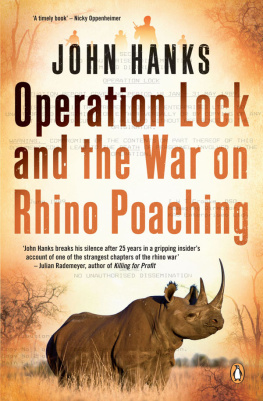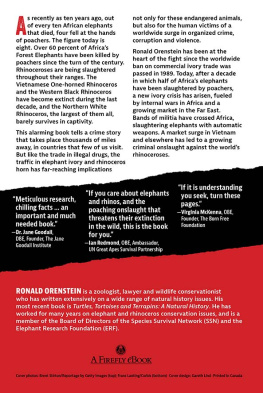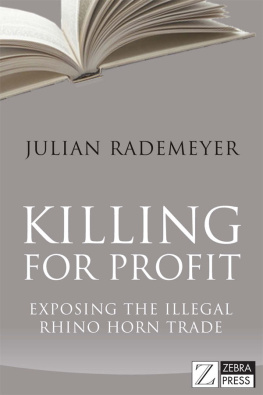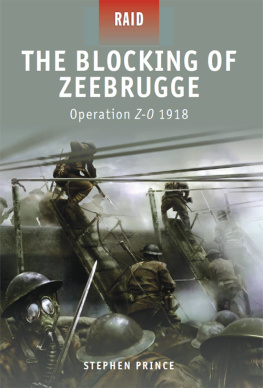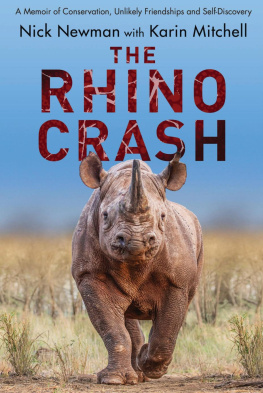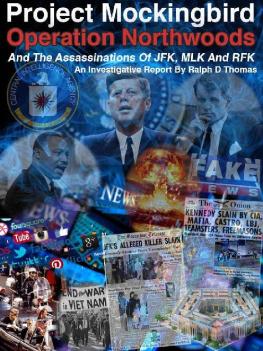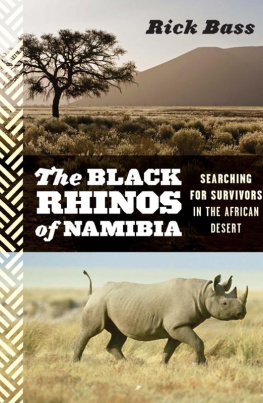
Published by Penguin Books
an imprint of Penguin Random House South Africa (Pty) Ltd
Reg. No. 1953/000441/07
The Estuaries No. 4, Oxbow Crescent, Century Avenue, Century City, 7441
PO Box 1144, Cape Town, 8000, South Africa
www.penguinbooks.co.za
First published 2015
Publication Penguin Random House 2015
Text John Hanks 2015
Cover photograph Daryl Balfour/Afripics
All rights reserved. No part of this publication may be reproduced, stored in a retrieval system or transmitted, in any form or by any means, electronic, mechanical, photocopying, recording or otherwise, without the prior written permission of the copyright owners.
PUBLISHER: Marlene Fryer
MANAGING EDITOR: Robert Plummer
EDITOR: Sean Fraser
PROOFREADER: Bronwen Leak
COVER DESIGNER: Michiel Botha
TEXT DESIGNER: Monique Cleghorn
TYPESETTER: Monique van den Berg
INDEXER: Sanet le Roux
ISBN 978 1 77022 729 3 (print)
ISBN 978 1 77022 730 9 (ePub)
ISBN 978 1 77022 731 6 (PDF)
Contents
Abbreviations and acronyms
ANC: African National Congress
APU: anti-poaching unit
CCB: Civil Cooperation Bureau
CITES: Convention on International Trade in Endangered Species of Wild Fauna and Flora
CoP: Conference of the Parties
DNPWM: Department of National Parks and Wildlife Management
ESPU: Endangered Species Protection Unit
FRELIMO: Frente de Libertao de Moambique (Mozambique Liberation Front)
GNP: gross national product
INTERPOL: International Criminal Police Organization
IUCN: International Union for the Conservation of Nature and Natural Resources
KK: Kenneth Kaunda
KNP: Kruger National Park
NGO: non-governmental organisation
PAC: Pan Africanist Congress
PB: Prince Bernhard of the Netherlands
RENAMO: Resistncia Nacional Moambicana (Mozambican National Resistance)
RhODIS: Rhino DNA Index System
SADF: South African Defence Force
SANF: Southern African Nature Foundation
SANParks: South African National Parks
SAPS: South African Police Service
SAS: Special Air Service Regiment
SWA: South West Africa
TCM: traditional Chinese medicine
TFCA: Transfrontier Conservation Area
UNHCR: United Nations High Commissioner for Refugees
UNITA: Unio Nacional para a Independncia Total de Angola (National Union for the Total Independence of Angola)
WWF: World Wildlife Fund (changed to World Wide Fund for Nature in 1986)
ZANU-PF: Zimbabwe African National Union Patriotic Front
Foreword
T HIS IS A timely book by John Hanks.
The question of rhino poaching and how to deal with it is very much front of mind in todays world, and we often forget that this is not a phenomenon of the last few years but rather a problem experienced over decades. Poaching in East Africa almost wiped out the rhino population there back in the 1950s and huge credit is due, particularly, to the then Natal Parks Board for first preserving the species and then creating an environment for translocation and thus allowing the species numbers to grow. Today, bloody photographs of brutally slaughtered rhinos, some animals still mobile with horns hacked off, have provoked huge public concern. Even with public and government support, however, poaching incidents continue at an unprecedented rate. At the current poaching rate, it is expected that both species of rhino will be extinct in the wild by 2023.
In this book, John Hanks sets out his extensive involvement in past efforts to identify who was involved in the poaching, and the difficulties and dangers of going down the clandestine route. Operation Lock cannot be said to have been an unqualified success, but at least something different was tried.
Today poaching of black and white rhino is on the increase and in just the first three quarters of 2014 1,020 rhino were poached in South Africa alone. The world is engaged in trying to stop this heinous crime and there are a plethora of NGOs and others all dedicated to preserving the rhino. All of these worthy organisations need to raise money for their activities and there can be no doubt that their investment in saving the rhino is having an impact. The uncomfortable fact is that the number being poached is still on the increase. There certainly is no one solution to stop rhino poaching in Africa, and I have no doubt that the solution will be complex in nature. If the decimation of rhino is not enough to hurry deliberations, a further consequence is that there are signs of landowners starting to disinvest from owning rhino. Latest reports show that the number of private wildlife owners who previously invested in rhino on their game farms has dropped significantly. Across the country farmers feel the rhino-poaching epidemic is simply proving too costly to keep them.
I have huge admiration for Russell L. Ackoff, who was the professor of business at Wharton University. One of his many observations was that when a company had a problem, all too often the solution was to throw money and effort at it to try to resolve the issue without proper analysis of the problem itself. Money and effort will always have some impact, but unless proper analysis is done the problem is mitigated but not solved.
I fear this may be the case with rhinos, and it is good to have someone like John Hanks to challenge us to think laterally to query whether what is being done, however worthy, is right and to see if there is not another way forward.
I hope this book will make people think about what is the best way to preserve the rhino populations in Africa, and the rest of the world.
NICKY OPPENHEIMER
E OPPENHEIMER & SON
NOVEMBER 2014
Prologue
L ATE ONE EVENING in 1987, an extraordinary discussion took place in Lusakas Ridgeway Hotel, one that would have a significant impact on my life. It would also impact indirectly on the emotionally charged, ill-informed campaigns to halt the appalling orgy of black rhino poaching, a slaughter that had started in East Africa in the early 1970s and rapidly spread throughout the continent. The discussion was the birth of Operation Lock, a dangerous and highly contentious undercover investigation that set out to identify and expose the individuals involved in organising the killing of rhinos in Africa and the subsequent sale of their horns. At stake was the long-term survival of one of Africas most charismatic species, which had unwittingly become another opportunity for the hazardous underworld of illegal commodity trading, embracing ivory, diamonds, timber and drugs, all too often with high-level government connections.
Driven by a sincere conviction to expose the activities of the dominant miscreants who were driving the killings, and to name them with confidence as a prelude to successful prosecution, Operation Lock embraced and touched the lives of a surprising number of well-known individuals. They came from the world of conservation, politics (particularly African heads of state), European royal families, academia, business, military counter-intelligence and undercover surveillance. If this story was written as a novel, some might think that the events were too unlikely even for the fertile imagination of that genre of writers that delight in stretching credibility to the limits.
Next page
